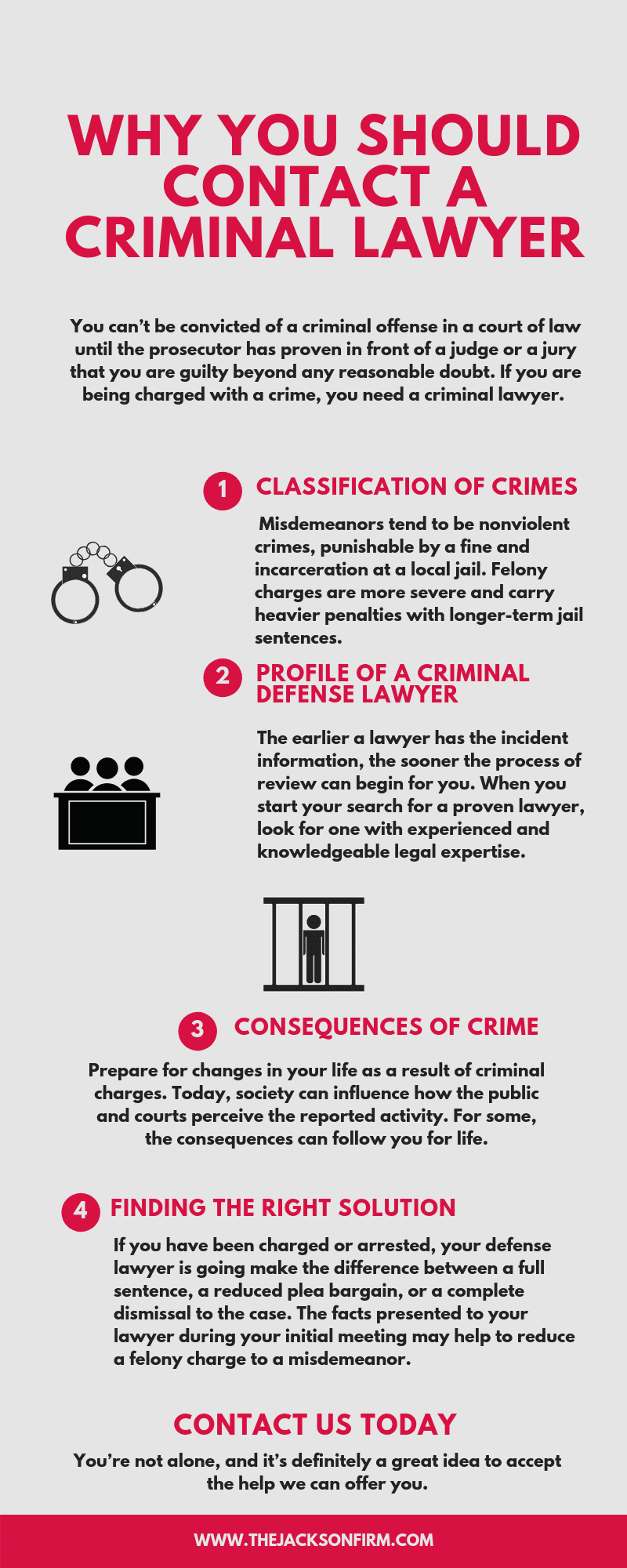The Rate Of Fraud: A Financial Analysis Of White Collar Criminal Offense'S Effects
The Rate Of Fraud: A Financial Analysis Of White Collar Criminal Offense'S Effects
Blog Article
Content Writer-Williams Booker
Visualize a pristine garden, carefully nurtured over years, full of lively flowers and lush plant. Now, image a swarm of insidious pests silently penetrating this place, gnawing away at the origins and flowers, leaving a route of devastation.
This metaphor aptly records the expense of clerical criminal activity, a stealthy threat that permeates our economic climate with ravaging effects. As you step into this discussion, prepare to discover the hidden financial effect of clerical criminal offense and the far-ranging consequences that linger long after the perpetrators have vanished from the scene.
The Financial Toll of Clerical Criminal Activity
White collar criminal offense exacts a heavy monetary toll on individuals, services, and the general economic situation. It isn't just a victimless criminal activity or a minor trouble. The repercussions are far-reaching and devastating.
When people succumb to clerical criminal activity, they usually shed their life savings, their homes, and their complacency.
Services, on the other hand, suffer huge financial losses as a result of fraud, embezzlement, and various other forms of clerical criminal offense. These criminal offenses result in decreased profits, damaged credibilities, and even insolvency in many cases.
Moreover, the economic situation overall experiences as white collar crime undermines trust in the monetary system, reduces consumer confidence, and hinders economic growth.
The monetary toll of clerical criminal offense can not be taken too lightly, and it's crucial that we take strong actions to stop and battle this kind of criminal activity.
The Disintegration of Count On Institutions
The disintegration of rely on organizations is a consequence of white collar crime that has far-reaching effects for individuals and society. When white collar criminal activities are committed by people ready of power and authority, it weakens the depend on that individuals have in those institutions.
This disintegration of trust can have a number of negative results:
- ** Loss of faith in the justice system **: When individuals see those in effective placements getting away with white collar criminal activities, it can cause a loss of faith in the justice system. People might feel that there's a lack of responsibility for those that dedicate such criminal activities, which can erode count on the legal system.
- ** Reduced confidence in financial institutions **: White collar criminal activities often entail economic fraudulence and adjustment. When individuals or organizations are condemned of such criminal offenses, it can result in a decline in confidence in financial institutions. This can have a negative impact on the economic climate as people might be hesitant to spend or rely on these institutions with their cash.
- ** Deteriorating of social material **: Count on establishments is an essential column of a working culture. When that trust fund is deteriorated, it can lead to a weakening of the social fabric. People might come to be more cynical and hesitant of institutions, which can bring about a malfunction in social communication and participation.
Long-Term Economic Impact
Loss of count on organizations due to white collar crime can have lasting financial consequences.
When mouse click the next article and organizations despair in the integrity of institutions, they may end up being hesitant to invest or engage in financial tasks. This lack of trust can result in a decline in consumer costs, as people become a lot more careful with their money.
In addition, services may be reluctant to form collaborations or enter into contracts, being afraid that they'll be benefited from by unethical people.
Suggested Webpage -term financial consequences of this loss of depend on can include slower economic development, decreased task production, and reduced market competitiveness. It's important for institutions to address clerical criminal offense and restore trust in order to protect the long-term economic health and wellness of a nation or region.
Verdict
To conclude, the financial impact of white collar criminal offense is staggering, with repercussions that get to much past simply monetary losses. It deteriorates the trust fund we position in our institutions, leaving a gap that's tough to load.
Like a relentless tornado, clerical criminal activity leaves a lasting mark on our economy, leaving us to grapple with its aftermath for several years ahead.
